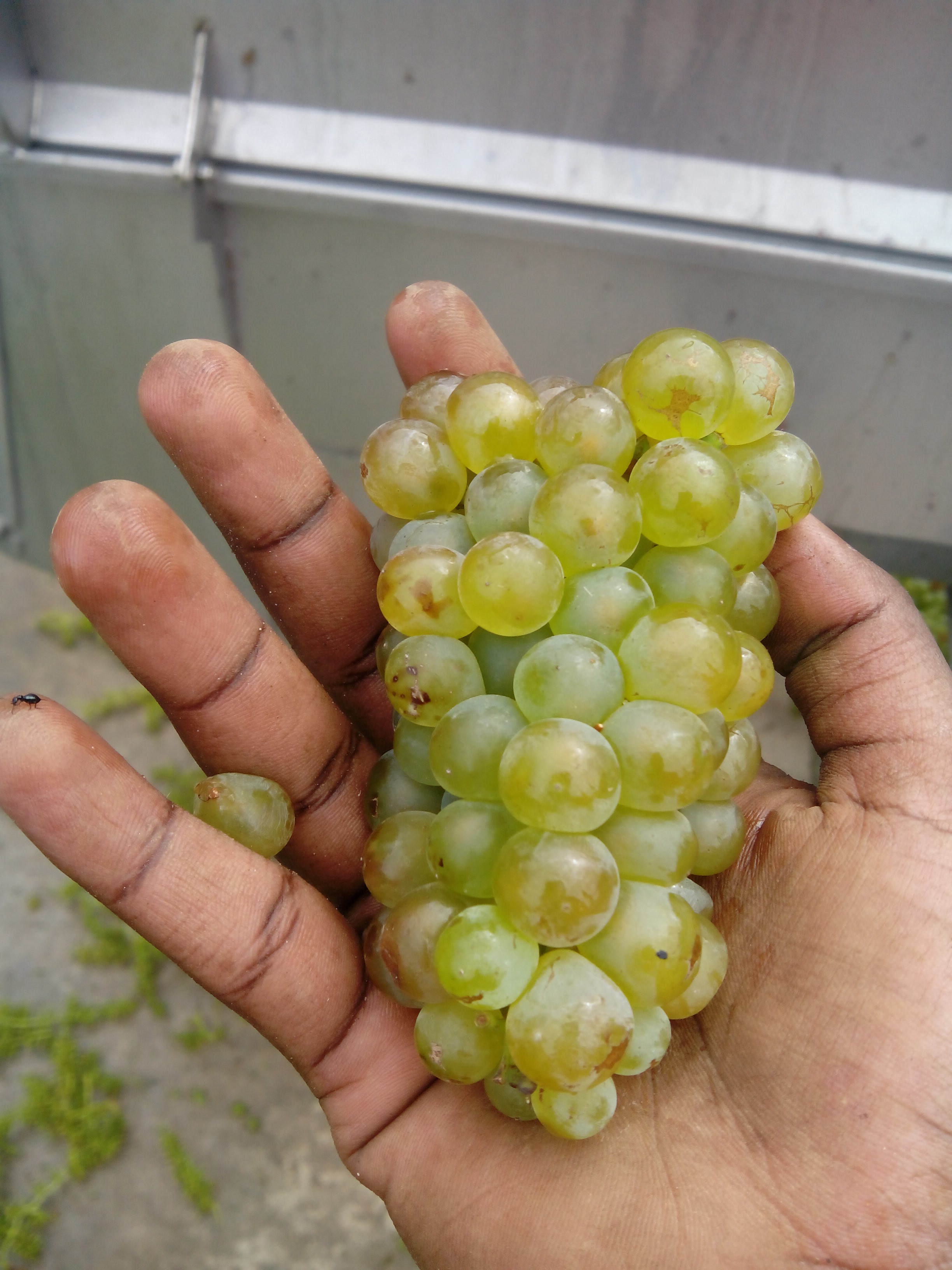The term organic is rather interesting in our African context: either you don’t really consider it because essentially all the farming and produce you interact with is grown “naturally” with minimal chemical additives; or its attached to conspicuously higher prices with produce that often looks “deformed” in that they are not modified to look picture perfect, and are in a large sense associated with the import or export market.
It translates almost perfectly into wine, with only minor differences. Wine is generally a result of two processes: viticulture (growing of the grapes) and viniculture (turning grapes into wine). As with other organic agriculture, organic viticulture requires the vines to be grown with as little agrochemical additions as possible: intrinsically using only what occurs naturally. The main reason for this frame of thinking is to ensure sustainable farming where the land and its environs stay continuously healthy, and that no harmful chemicals that are administered in the vineyard are carried through to the end consumer in the finished wine.
An array of practices are employed in the vineyards to this end. These include the use of compost and manure as fertilizers allowing for microbial activity within the soils; planting or allowing cover crops among the vines to promote polyculture where the biological diversity of the ecosystem is encouraged; the use of natural predators to control pests; using canopy management to make sure sufficient ventilation among the vines prevents rot or fungal growth…
more on kenyawines.com



